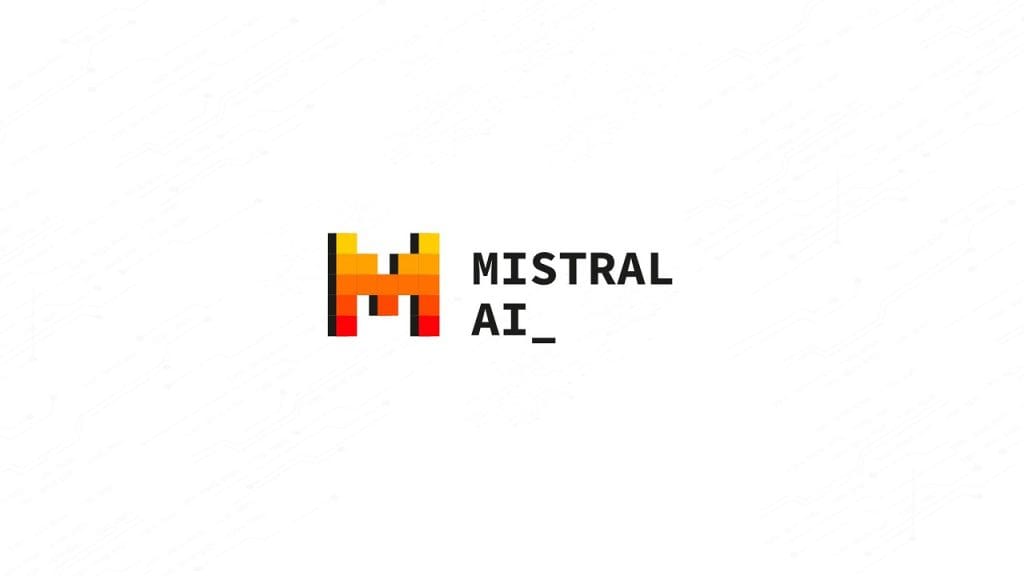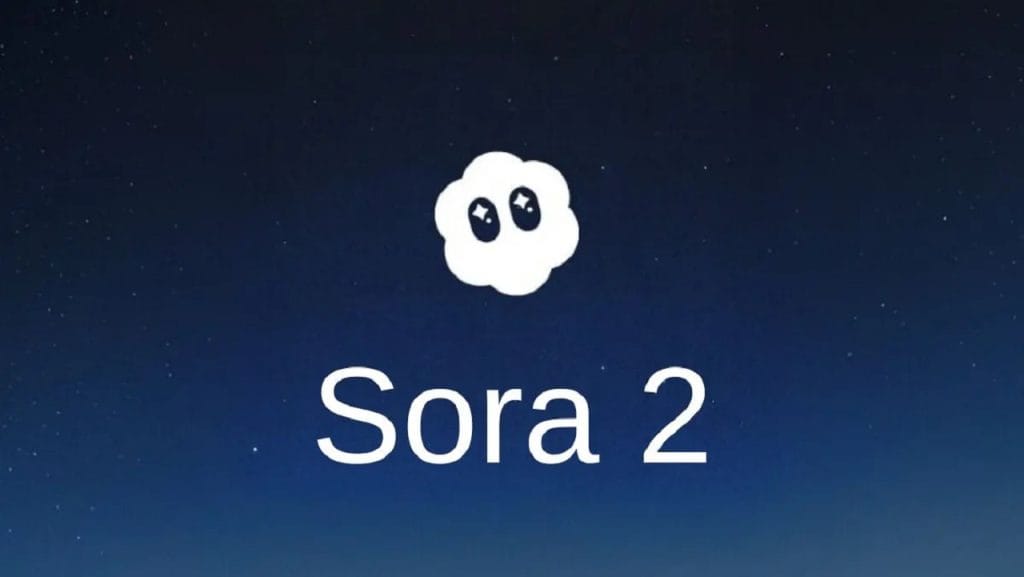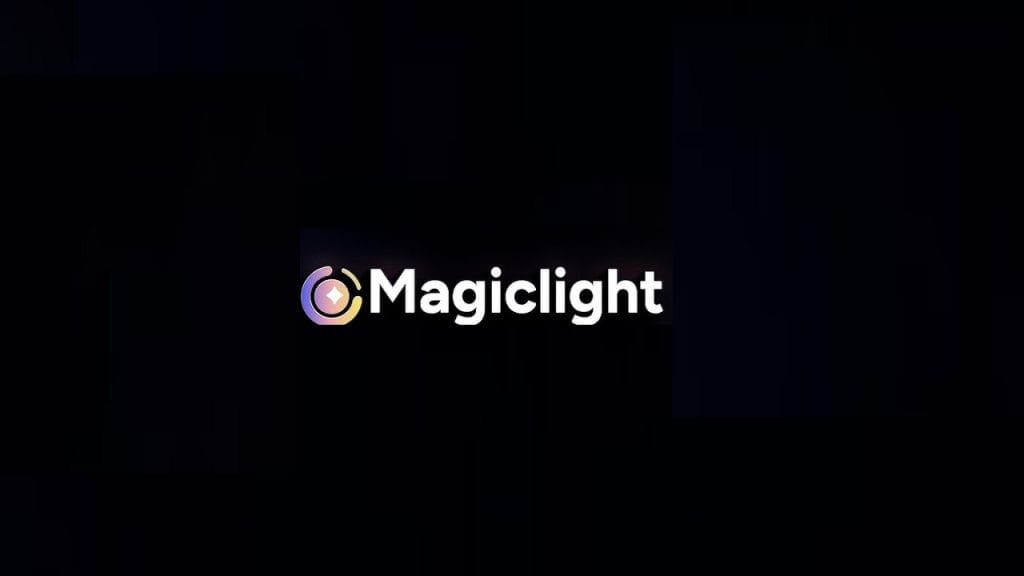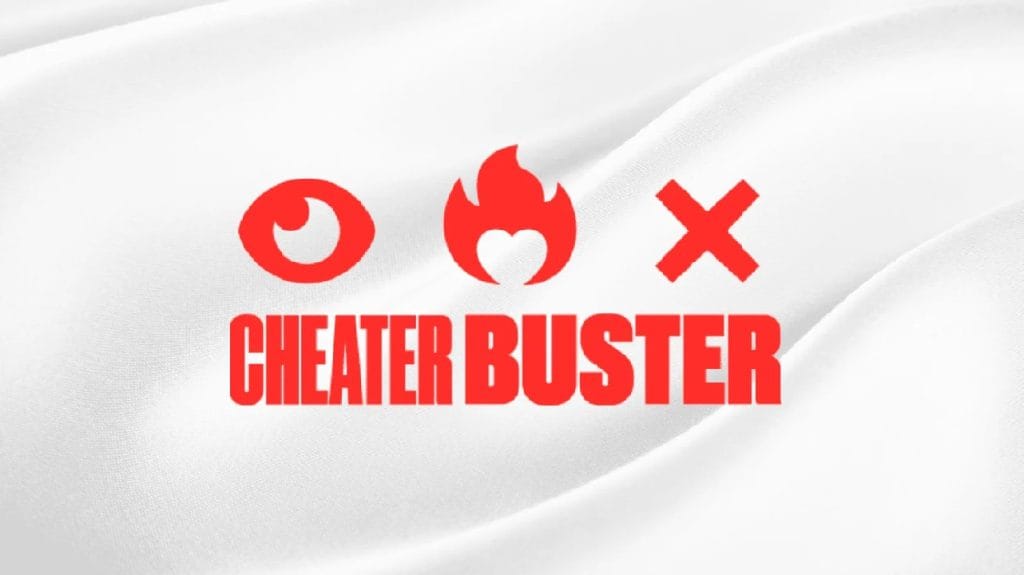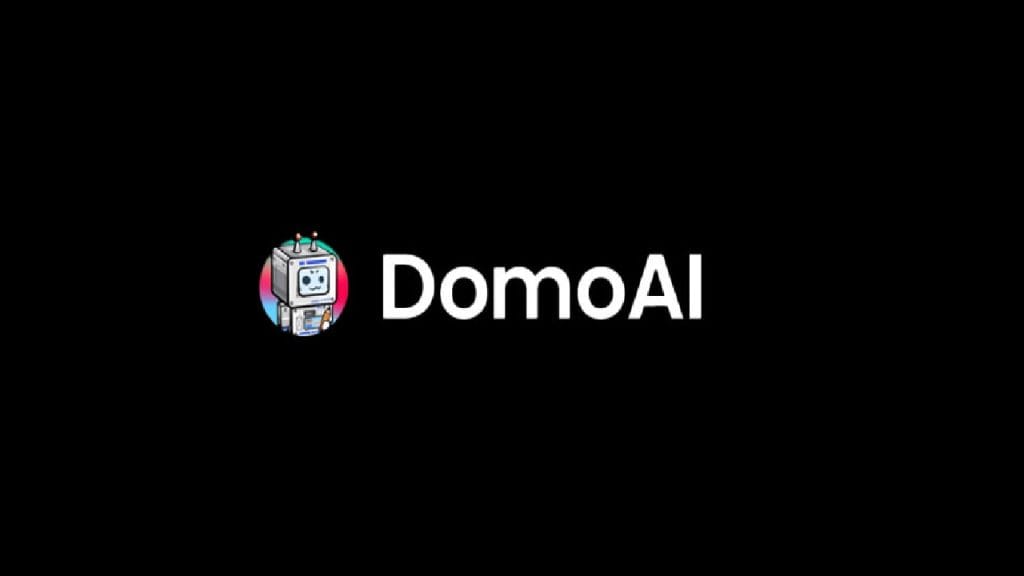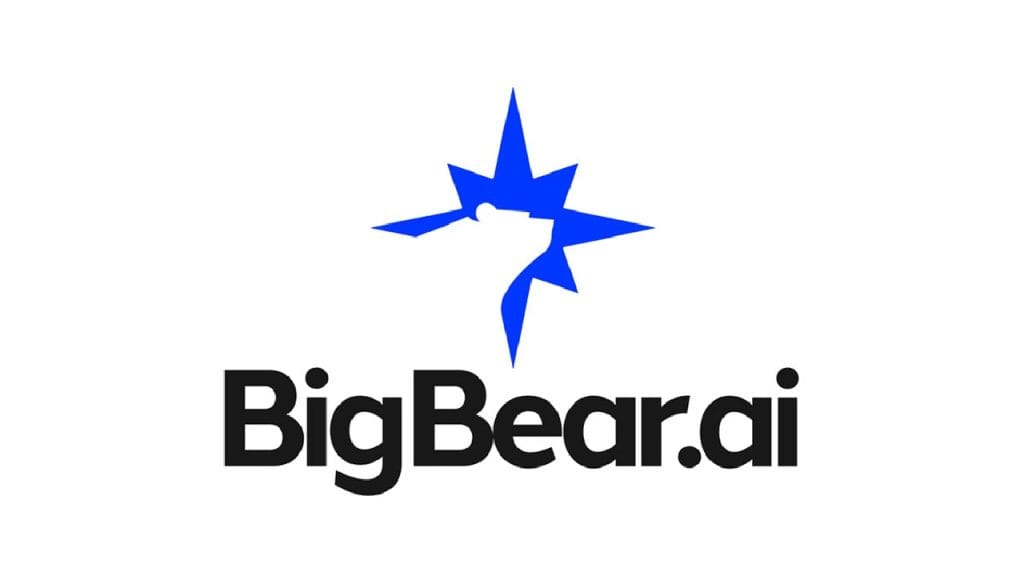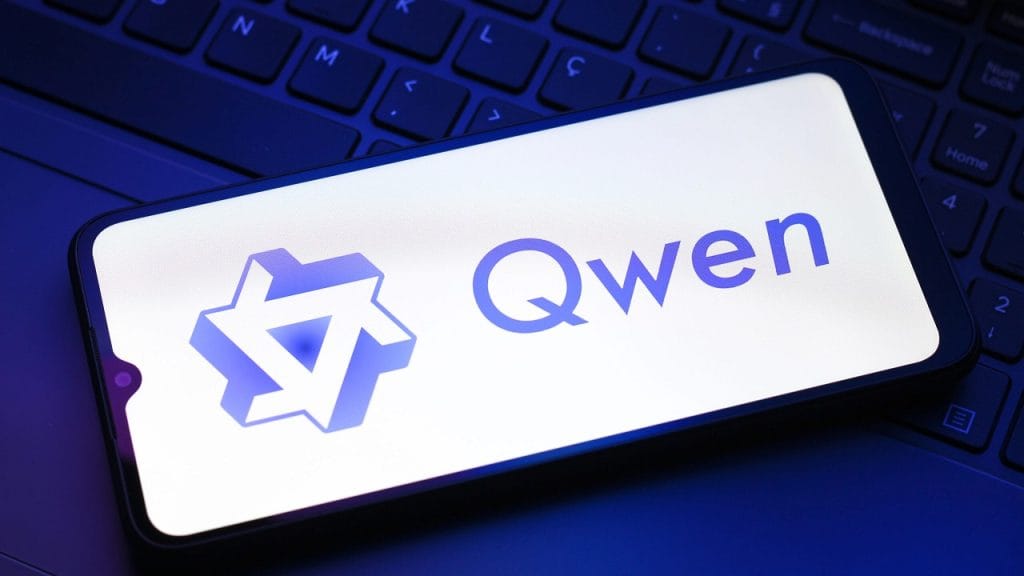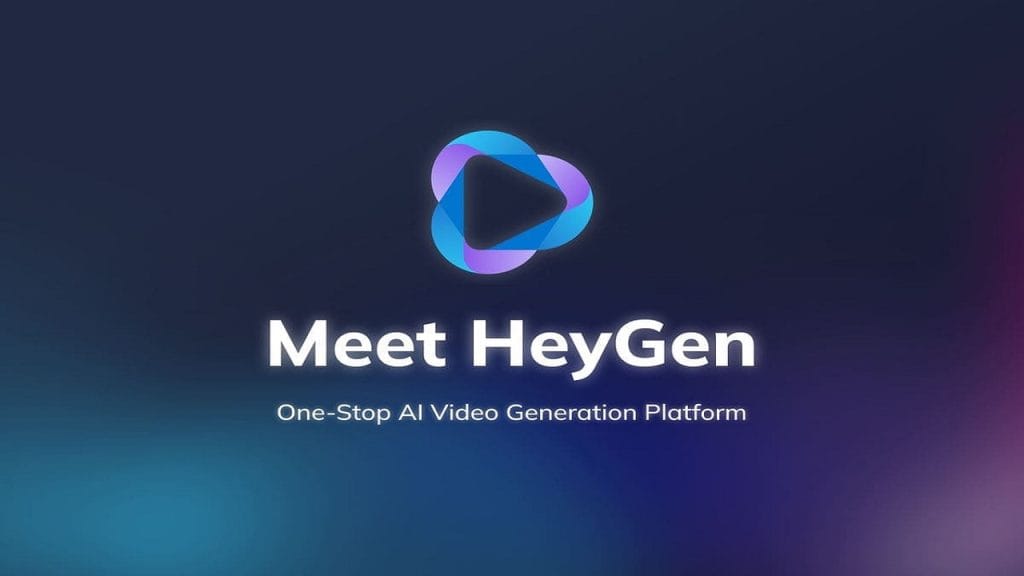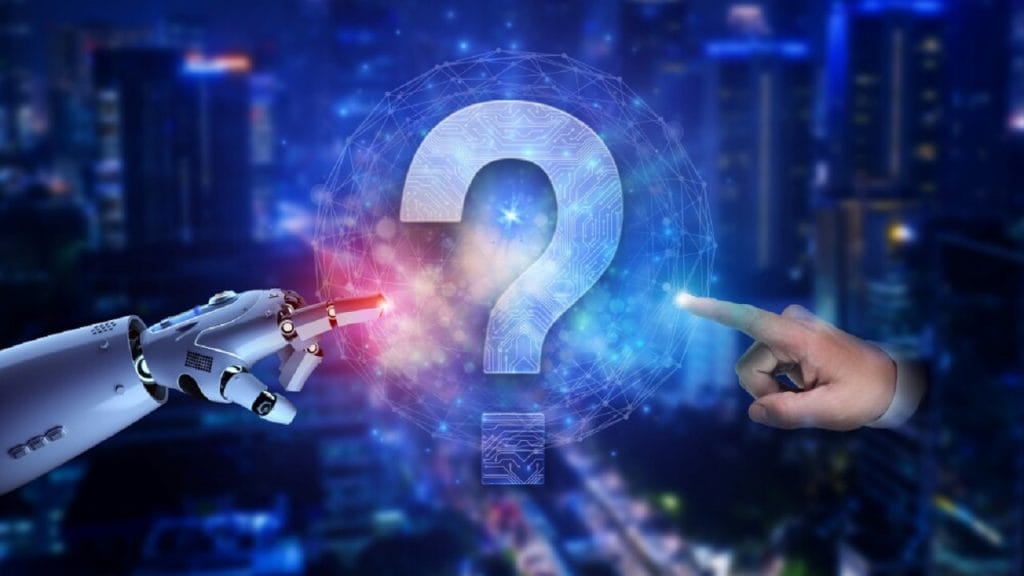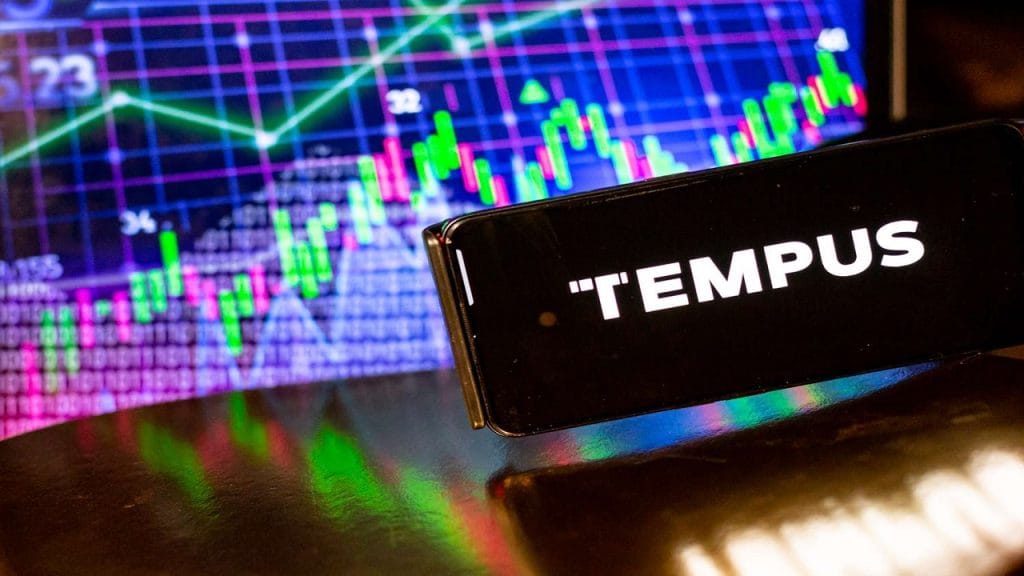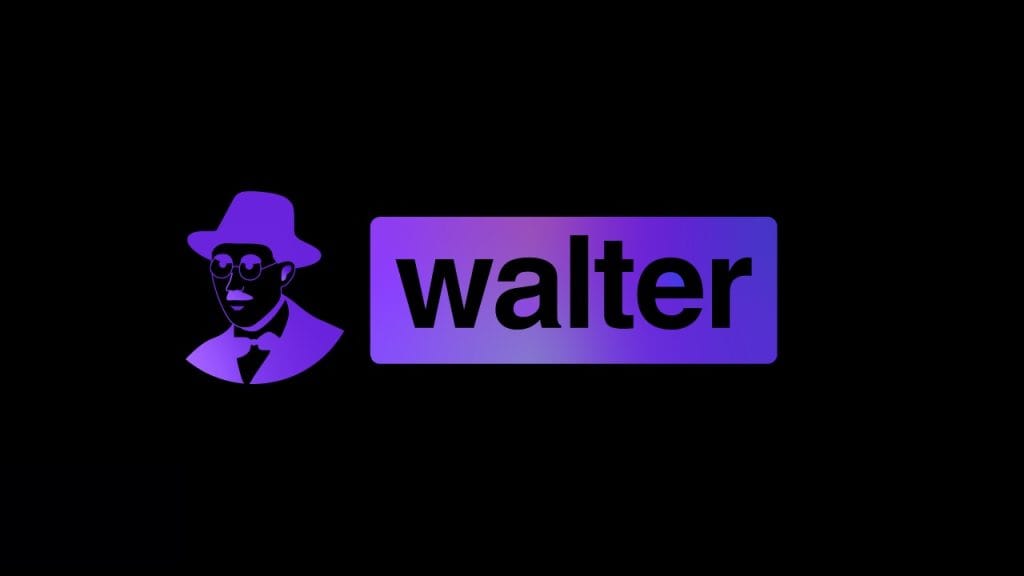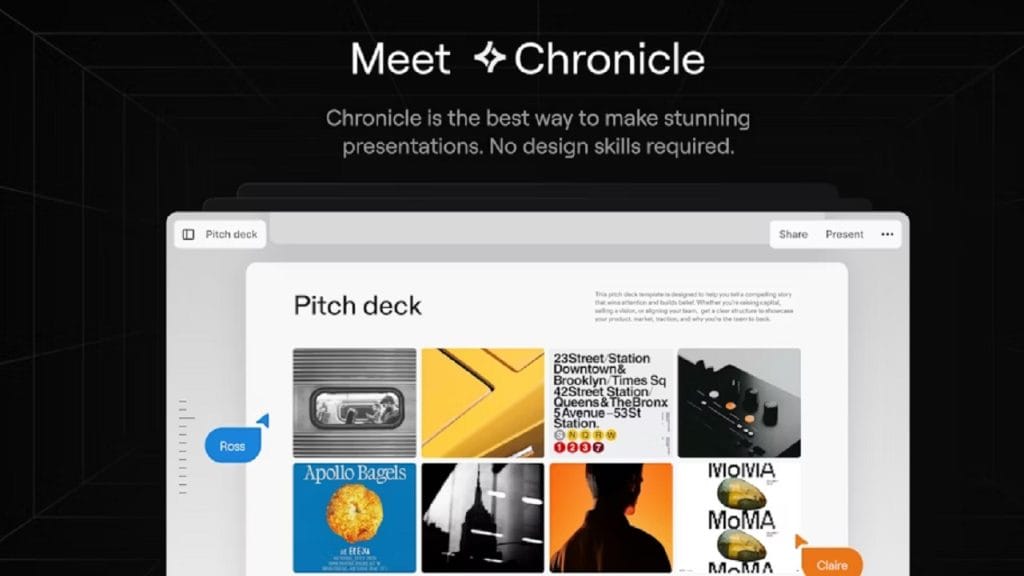
Chronicle AI SEO Blogs
- Verified: Yes
- Categories: AI Content Generation, SEO Optimization, E-commerce Tools
- Pricing Model: Freemium
- Website: https://chroniclehq.com/
The word Chronicle has existed for centuries, but in today’s digital world, it has taken on new meanings. From being a simple record of events to becoming the name of advanced tools and technologies, Chronicle represents the power of documentation, storytelling, and data intelligence.
Understanding the Term “Chronicle”
A chronicle is traditionally a factual written account of important or historical events in the order they happened. Ancient historians used chronicles to preserve the story of civilizations, wars, and discoveries. The term comes from the Greek word “chronos,” meaning “time.”
In modern usage, the word has expanded beyond history. Today, “chronicle” can refer to apps, digital platforms, or tools that record, track, or analyze information — whether it’s your daily thoughts, data logs, or business events.
The Rise of Chronicle in the Digital Era
As technology evolved, so did the meaning of “Chronicle.” It no longer just represents a book of history but also a digital record of information. Many companies and tools now use the name “Chronicle” to represent data storage, security, and storytelling platforms.
For example, Google Chronicle is a cybersecurity platform that helps businesses store, organize, and analyze security data. Similarly, Chronicle AI and other digital apps use artificial intelligence to document user activities, summarize notes, or act as smart journals. The idea of a chronicle has truly become digital.
Key Applications of Chronicle in Modern Contexts
Technology:
In tech, Chronicle represents data storage and analytics tools. Google Chronicle, for instance, is used to manage large-scale log data and detect security threats.Artificial Intelligence:
AI-based tools like Chronicle AI are designed to remember, summarize, and organize information automatically — almost like having an intelligent digital memory.Content Creation:
Many journalists, bloggers, and creators use “Chronicle” apps or formats to tell stories, share updates, or record their experiences in a structured way.Education and Research:
In academic use, chronicles remain vital for tracking timelines, documenting discoveries, and preserving research findings.
Google Chronicle — The Cybersecurity Platform
Google Chronicle is one of the most well-known products with this name. It is a cloud-based security analytics platform that helps companies manage huge volumes of data and identify cyber threats faster. Instead of relying on slow traditional systems, Chronicle uses Google Cloud’s speed and AI to detect anomalies in real time.
It helps security teams connect data from multiple sources, analyze logs, and detect unusual activity before it becomes a serious threat. For enterprises, this means better protection and smarter decision-making.
Chronicle AI — Smart Journaling and Digital Memory
Beyond cybersecurity, Chronicle AI represents the new generation of smart journaling and productivity tools. These tools use artificial intelligence to help users record ideas, track habits, and summarize their daily activities.
For example, some Chronicle AI tools automatically generate summaries of your meetings or notes. Others act as personal assistants that remember your preferences and past tasks. This type of AI “chronicle” is all about helping people manage information overload more efficiently.
How to Choose the Right Chronicle Platform
When choosing a Chronicle tool — whether for personal or business use — consider these factors:
Purpose: Are you looking for a journaling app, data security platform, or business intelligence tool?
Privacy: Make sure your information is protected and not shared without consent.
Ease of Use: Choose a platform with a simple interface and good support.
Integrations: Look for tools that connect easily with others you already use.
Some popular alternatives include AI writing tools, journaling apps, and cybersecurity dashboards, depending on your needs.
Benefits of Using Chronicle Tools
Better Organization: Keep all information and data structured.
Improved Productivity: AI-powered chronicles can summarize and remember tasks for you.
Enhanced Security: Chronicle platforms like Google Chronicle strengthen data protection.
Smart Insights: Chronicle tools analyze trends and help you make better decisions.
Whether for personal memory or professional analysis, a good Chronicle tool saves time and brings clarity.
The Future of Chronicle in the AI Age
The idea of “chronicle” is now deeply connected to artificial intelligence. AI systems are designed to remember and learn from past data — in other words, to “chronicle” human knowledge. Future AI tools will likely act as intelligent historians, recording everything from our conversations to our workflows and making them easier to retrieve and understand.
In the coming years, the concept of a chronicle may evolve further — becoming the foundation for AI memory systems, digital storytelling, and transparent data records.
Frequently Asked Questions
1. What does Chronicle mean?
Chronicle means a detailed record of events arranged in the order they happened.
2. What is Google Chronicle?
Google Chronicle is a cybersecurity analytics platform that helps detect and respond to digital threats faster.
3. What is Chronicle AI?
Chronicle AI refers to modern AI-based tools that record and summarize user activities or data automatically.
4. How is Chronicle used today?
It’s used in many fields like cybersecurity, AI journaling, education, and content creation.
5. Is Chronicle free to use?
It depends on the platform. Some Chronicle tools are free, while enterprise products like Google Chronicle are paid.
Final Thoughts
The meaning of Chronicle has grown from ancient history to cutting-edge technology. Whether it’s a record of the past or a tool that powers the future, the word still stands for one core idea — preserving knowledge over time.
From historians to AI developers, everyone needs a way to document and understand information. That is what the modern “Chronicle” truly represents — a bridge between memory, data, and progress.
